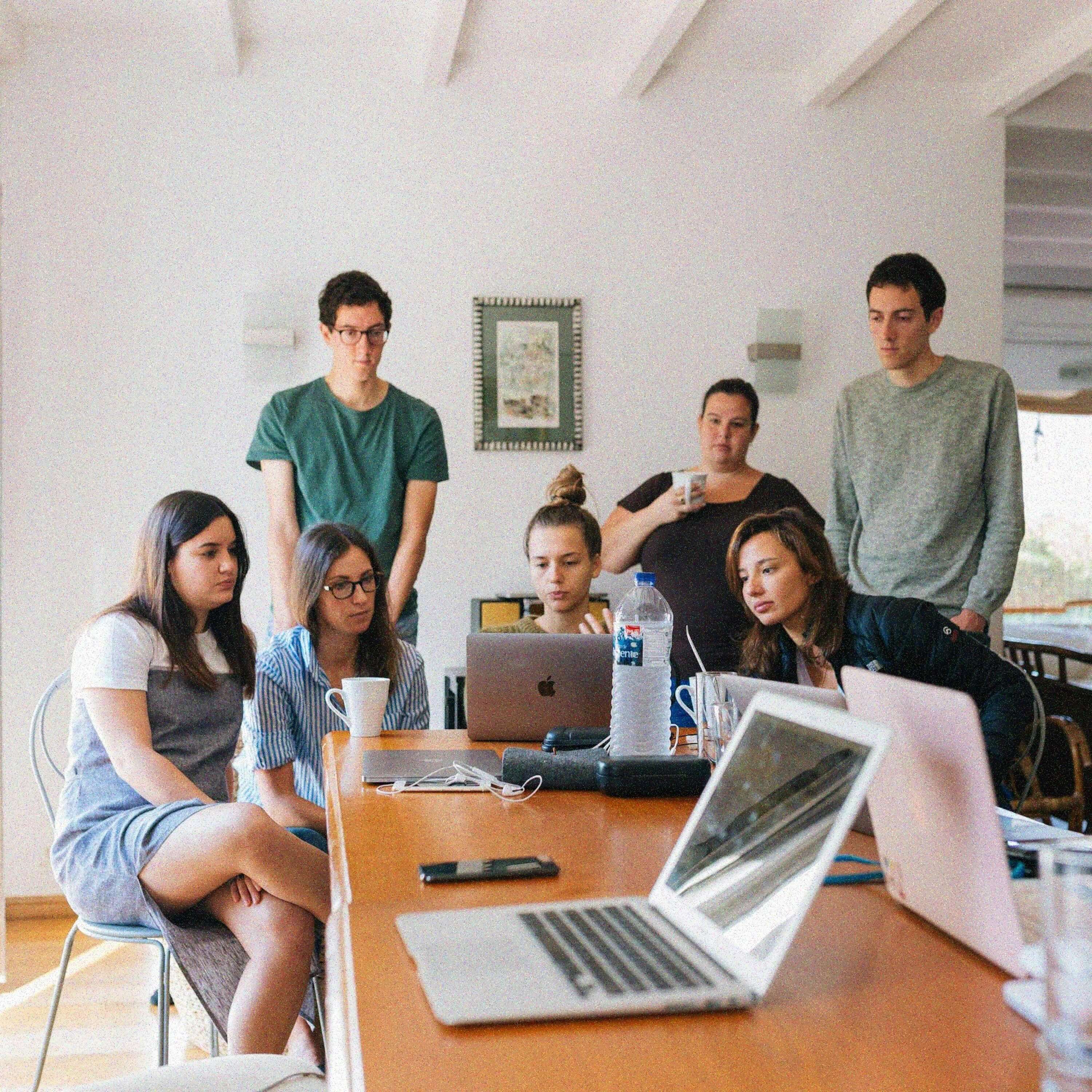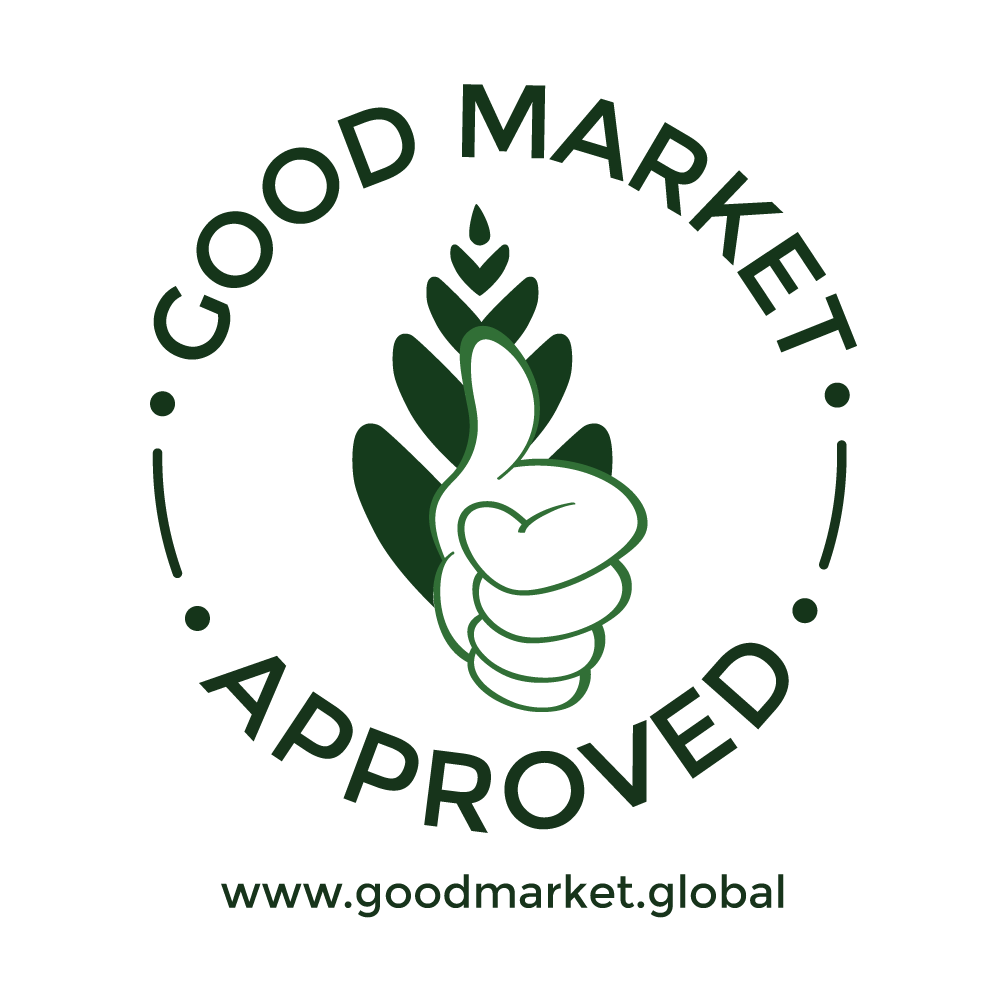
How To Deal With Founder Burnout - 9 Crucial Steps
Starting and scaling a business is often sold as a thrilling pursuit of freedom, purpose, and exponential growth. But behind the headlines of funding rounds and product launches, many founders are quietly running on empty. The reality? Long hours, chronic stress, and a creeping sense of isolation. This is founder burnout - a state where the relentless demands of entrepreneurship erode energy, clarity, and efficiency, detrimentally impacting both the health of the founder, and the longevity of the organisation.
Burnout, from a Job Demands-Resources (JD-R) model perspective, occurs when there’s a sustained imbalance between high job demands, and insufficient job resources (1, 2). Job demands, such as heavy workload, time pressures, and emotional strain, require continuous physical or psychological effort, leading to energy depletion and stress. When these demands are not counterbalanced by adequate resources like autonomy, social support, or feedback, health can become adversely affected, with prolonged strain leading to exhausting mental and physical reserves. Conversely, sufficient resources can buffer the negative impact of demands and foster engagement, highlighting the JD-R model’s dual pathway of strain versus motivation (3).
In 2019, the World Health Organization officially recognised burnout as an occupational syndrome caused by chronic workplace stress (4). For founders, the stakes are particularly high. Research shows entrepreneurs are twice as likely to experience depression and three times as likely to struggle with substance use compared to the general population (5). High-pressure decision-making, long work hours, poor sleep, individual personality traits, and a lack of both structural and emotional support all appear to be contributing factors (5, 6).
Why Burnout Matters for Founders and Their Organisations
Burnout is a serious risk for anyone in the workforce, but for founders, it carries a unique weight. When you're the driving force behind a business, your wellbeing isn’t just personal - it’s inherent to the business itself. The energy, clarity, and capacity of the founder directly shape the health and future of the company. When burnout sets in, it doesn’t just impact the individual, it can destabilise the survival and sustainability of the organisation itself (7).
Entrepreneurship thrives on creativity, resilience, and sharp decision-making, yet burnout erodes all three. When a founder is depleted, teams lose momentum, strategies become reactive, and innovation grinds to a halt. In some cases, promising ventures don’t fail because the business idea was flawed - it failed because the founder simply couldn’t keep going.
The Unique Energy Flow of a Founder
Founders often sacrifice their own wellbeing in the name of success, believing that pushing through is part of the job. But over time, this self-neglect can lead to chronic health issues, fractured relationships, and a painful disconnect from the very mission that once inspired them
Kakatkar et al. (2024)(8) offer a compelling lens on why founders are particularly vulnerable to burnout. Rather than treating exhaustion as a fixed endpoint, they described a dynamic model of entrepreneurial energy where energy fluctuates in phases, shaped by entrepreneurial promises, recovery processes, and social dynamics. When founders balance energy expenditure with meaningful recovery - both within and beyond the venture - they remain in an eudaimonic phase, where work continues to feel purposeful and energising. But when promises falter and recovery breaks down, energy collapses into entrepreneurial fatigue - a state akin to burnout, but uniquely tied to the venture itself. At this stage, founders may begin to disengage or redirect their energy elsewhere (the diverting phase), often leading to exit. This model reframes founder burnout not just as a product of overwork, but as a breakdown in the systems that sustain motivation and resilience - highlighting the critical role of social support and regenerative practices in preserving entrepreneurial energy.
Recognising the Warning Signs
Burnout develops gradually. Maslach and Leiter (2016)(9) describe the three key indicators of burnout as:
- Exhaustion - persistent fatigue, lack of energy, and difficulty concentrating
- Cynicism or detachment - losing interest in the business, withdrawing from teams, or becoming increasingly negative
- Reduced efficacy - feeling ineffective, unproductive, or unable to influence outcomes.
Strategies to Address and Prevent Founder Burnout
Burnout recovery isn’t achieved by taking a weekend off. It’s a systematic reset utilising both problem based and emotion based strategies (10, 11). Based on current research and founder-focused frameworks, here’s what works:
Anticipatory strategies
1. Asking reflective questions to identify risks early: Do I still find meaning in my work? Am I constantly drained, even after rest? Have I become disconnected from my team or mission? Ask the 5 Whys and perform a root cause analysis on what the issue could be (12)
2. Redesigning the workload: Founders often carry every responsibility in the early stages, but sustained growth necessitates load distribution. Develop SOP’s, embed AI support, and delegate. Delegation is not a weakness; rather it’s an essential leadership skill. Research shows that entrepreneurs who share responsibilities experience both improved wellbeing and business outcomes (13)
3. Reconnecting with purpose: Meaningful work is a proven buffer against stress (14). Take the time to reflect on the ‘why’ behind the organisation, and how it aligns with personal values. This reflection should be ongoing, not a one-off exercise.
4. Strengthening and embedding support systems: Isolation is one of the most common challenges for founders. Engaging with peer networks, mentors, or coaches reduces loneliness and provides perspective. Entrepreneurial resilience studies emphasise the protective effect of supportive networks and structured coaching (15).
5. Prioritising health: Physical wellbeing is the foundation of sustained performance. Regular sleep, exercise, and balanced nutrition are not optional extras but essential components of leadership. At the same time, psychological support, via therapy, coaching, or mindfulness-based practices, helps manage stress and prevent escalation into burnout.
6. Adopting a regenerative approach to work: Instead of treating energy and wellbeing as finite resources to be exhausted, a regenerative approach focuses on renewal and growth. Regenerative work, as described by creates conditions where work itself strengthens personal, social, and even ecological resources. This means designing work not just to prevent issues such as burnout, but to actively enhance capacity over time (16, 17).
7. Pre-committing to proactive planning blocks: Book a recurring ‘founder readiness’ hour: scenario plan, develop risk registers, create skills pipelines (i.e., what you’ll need 3–6 months out)(11)
Reactive strategies
8. Practicing cognitive reframing: Re-intepret situations and hardships positively. Cognitive reframing is a tool that can be used in response to current stressors.
9. Prioritising health: Physical wellbeing is the foundation of sustained performance. The pursuit of health is both an anticipatory and reactive strategy. It should never stop and underpins all performance at work and in life.
For Those Supporting Founders
Investors, board members, and HR leaders play a crucial role. Founder burnout is not simply a personal failing - it is an organisational risk. By setting realistic growth expectations, encouraging founders to access coaching, and fostering psychologically safe teams, stakeholders can help prevent burnout from undermining ventures.
Support systems matter. Research shows that founders who feel psychologically safe and supported are more likely to maintain resilience and avoid burnout. Stakeholders can play a pivotal role by:
- Setting realistic expectations around growth and performance, especially during periods of uncertainty.
- Providing clear rules and agreements between founders and stakeholders – trust is foundational (18)
- Promptly addressing perceived injustices before rumination adds to a founders mental workload (7)
- Encouraging access to coaching, therapy, or peer support and normalising these resources as part of leadership development.
- Fostering psychologically safe environments where founders can speak openly about challenges without fear of judgment or reputational risk.
Ultimately, supporting founder wellbeing isn’t just the right thing to do - it’s a strategic imperative. Healthy founders build healthy companies. And in today’s volatile startup landscape, that might be the most valuable investment of all.
Moving Forward
Founder burnout is not inevitable. It is a signal that the current system - workload, expectations, or environment - needs to change. Addressing it requires both individual strategies and organisational support. By reframing success to include health and sustainability, founders can create businesses that are not only innovative and profitable but also humane and enduring.
At Kinwork, we work with founders to restore clarity and energy through our Founder Reset coaching - a focused, on demand one-on-one session that helps leaders pause, reflect, and redesign healthier ways of working. Because when founders thrive, so do their organisations.
References
-
Bakker, A. B., & Demerouti, E. (2017). Job demands–resources theory: Taking stock and looking forward. Journal of occupational health psychology, 22(3), 273-285. https://doi.org/10.1037/ocp0000056
-
Demerouti, E., Bakker, A. B., Nachreiner, F., & Schaufeli, W. B. (2001). The Job Demands-Resources Model of Burnout. Journal of applied psychology, 86(3), 499-512. https://doi.org/10.1037/0021-9010.86.3.499
-
Lesener, T., Gusy, B., & Wolter, C. (2019). The job demands-resources model: A meta-analytic review of longitudinal studies. Work and stress, 33(1), 76-103. https://doi.org/10.1080/02678373.2018.1529065
-
WHO, W. H. O.-. (2019). Burn-out an "occupational phenomenon": International Classification of Diseases. https://www.who.int/news/item/28-05-2019-burn-out-an-occupational-phenomenon-international-classification-of-diseases
-
Freeman, M. A., Staudenmaier, P. J., Zisser, M. R., & Andresen, L. A. (2019). The prevalence and co-occurrence of psychiatric conditions among entrepreneurs and their families. Small business economics, 53(2), 323-342. https://doi.org/10.1007/s11187-018-0059-8
-
Kalinowska, K., Wojtowicz, L., & Noworol-Luft, E. (2025). Work-Life Balance Challenges of Young Startup Entrepreneurs. European research studies, 28(2), 441.
-
Soenen, G., Eib, C., & Torrès, O. (2019). The cost of injustice: overall justice, emotional exhaustion, and performance among entrepreneurs: do founders fare better? Small business economics, 53(2), 355-368. https://doi.org/10.1007/s11187-018-0052-2
-
Kakatkar, A., Patzelt, H., & Breugst, N. (2024). Towards a Dynamic Model of Entrepreneurial Energy. Entrepreneurship theory and practice, 48(4), 1037-1081. https://doi.org/10.1177/10422587231224197
-
Maslach, C., & Leiter, M. P. (2016). Understanding the burnout experience: recent research and its implications for psychiatry. World psychiatry, 15(2), 103-111. https://doi.org/10.1002/wps.20311
-
Dzomonda, O., Neneh, B., & Jaiyeoba, O. (2025). Coping strategies and subjective well-being among women entrepreneurs: The mediating role of psychological resilience. Development southern Africa (Sandton, South Africa), 42(3), 442-462. https://doi.org/10.1080/0376835X.2025.2474749
-
Eager, B., Grant, S. L., & Maritz, A. (2019). Classifying coping among entrepreneurs: is it about time? Journal of small business and enterprise development, 26(4), 486-503. https://doi.org/10.1108/JSBED-02-2018-0064
-
Simarasl, N., Tabesh, P., & Jessri, M. (2025). Navigating hardships: Resilience-building coping strategies and actionable techniques for entrepreneurs. Business horizons, 68(5), 589-600. https://doi.org/10.1016/j.bushor.2024.07.001
-
Uy, M. A., Foo, M.-D., & Song, Z. (2013). Joint effects of prior start-up experience and coping strategies on entrepreneurs’ psychological well-being. Journal of business venturing, 28(5), 583-597. https://doi.org/10.1016/j.jbusvent.2012.04.003
-
Rosso, B. D., Dekas, K. H., & Wrzesniewski, A. (2010). On the meaning of work: A theoretical integration and review. Research in organizational behavior, 30, 91-127. https://doi.org/10.1016/j.riob.2010.09.001
-
Ndlovu, E. N., Patrick Ebong, E., Semukele Hellen, M., & Shumba, K. (2025). Entrepreneurial Coaching and Self-Efficacy: A Systematic Review of Its Pedagogical Integration into Entrepreneurship Education. Education sciences, 15(2), 237. https://doi.org/10.3390/educsci15020237
-
Kira, M., & Forslin, J. (2008). Seeking regenerative work in the post-bureaucratic transition. Journal of organizational change management, 21(1), 76-91. https://doi.org/10.1108/09534810810847048
-
Lilja, J. (2024). Facilitating organizations to dance with the complex “logic of life”: spinning with paradoxes in regenerative appreciative inquiry summits. The learning organization, 31(3), 299-316. https://doi.org/10.1108/TLO-01-2023-0006
-
Ziemianski, P., Stankiewicz, K., Wyrwinski, J., Retowski, S., & Lipnicki, B. (2025). Beyond Finance: Enhancing Support for New Technology Start-Up Founders. IEEE access, 13, 20620-20632. https://doi.org/10.1109/ACCESS.2025.3534716








Leave a comment
This site is protected by hCaptcha and the hCaptcha Privacy Policy and Terms of Service apply.